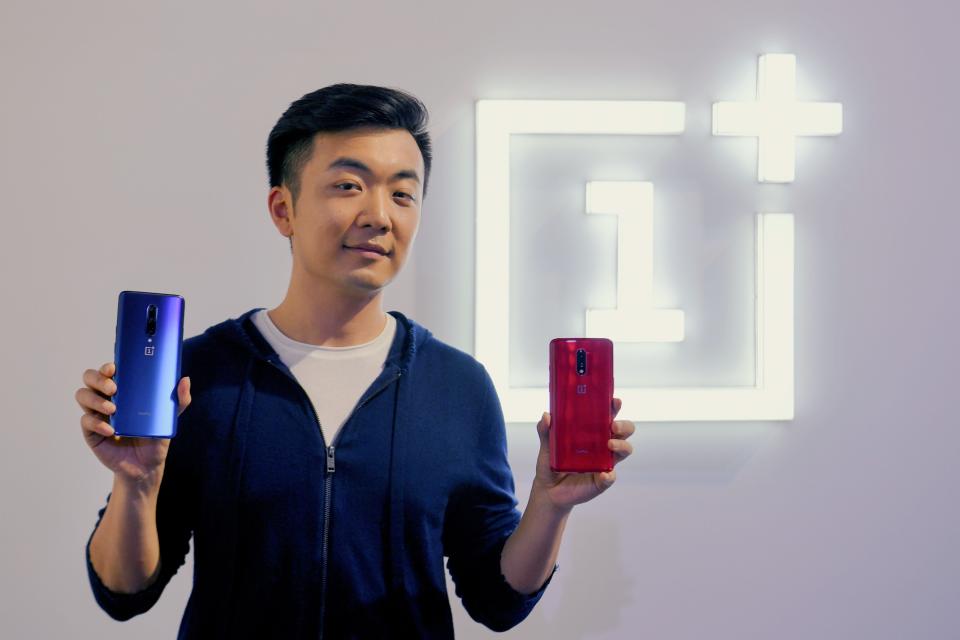OnePlus throttled over 300 Android apps to get better battery life on its phones without telling users

Smartphone manufacturer OnePlus has admitted to throttling the performance of over 300 Android apps in order to optimise battery life on the OnePlus 9 and 9 Pro devices.
A report from AnAndTech found that the real-life performance of a number of apps including Chrome, Twitter, Instagram, Office, Zoom, YouTube, TikTok, Discord and Strava was being limited.
“We have detected that OnePlus is blacklisting popular applications away from the its fastest cores, causing slow down in typical workloads such as web browsing. We have confirmed that (a) benchmarks or (b) unknown apps get full performance; most of the top popular non-benchmark apps get notably reduced performance”, AnAndTech’s Andrei Frumusanu wrote.
“This is perhaps to improve battery life at the expense of performance, but it does mean that the regular benchmark results are somewhat useless for user experience.”
This is not the first time that smartphone companies have limited performance of apps in order to improve battery life. Apple infamously had to apologise for slowing down older iPhone 6 models without informing users to improve battery life.
The smartphone giant was fined €25 million (£21m) for secretly slowing down the devices, imposed by France’s competition and fraud watchdog.
Samsung was also sued for cheating at benchmarks for the Galaxy S4, and was forced to pay out $13.4 million as a result.
As a result of OnePlus’ actions, GeekBench delisted both the OnePlus 9 and 9 Pro from its Android Benchmark Chart.
We will also test the other OnePlus handsets in our performance lab to see if these handsets also manipulate performance in the same way. If they do, we will delist them from the Android Benchmark chart.
— Geekbench (@geekbench) July 6, 2021
“Our top priority is always delivering a great user experience with our products, based in part on acting quickly on important user feedback. Following the launch of the OnePlus 9 and 9 Pro in March, some users told us about some areas where we could improve the devices’ battery life and heat management”, a OnePlus spokesperson said in a statement.
“As a result of this feedback, our R&D team has been working over the past few months to optimize the devices’ performance when using many of the most popular apps, including Chrome, by matching the app’s processor requirements with the most appropriate power. This has helped to provide a smooth experience while reducing power consumption.
“While this may impact the devices’ performance in some benchmarking apps, our focus as always is to do what we can to improve the performance of the device for our users.”
Read More
Battery breakthrough may offer key to five-minute smartphone charge
Bitcoin price – live: Flash crash wipes $100 billion from crypto market
Crypto price crash as bitcoin, ethereum, dogecoin and other coins plunge in value

 Yahoo Finance
Yahoo Finance 